Aloin, also known as barbaloin. Aloin is an important component of aloe vera, which has multiple physiological effects and functions.The molecular formula of aloin is C21H22O9. It crystallizes into yellow needle-shaped crystals in ethanol. It is easily soluble in water and pyridine, and can be dissolved in glacial acetic acid, formic acid, acetone, methyl acetate and ethanol.
Aloin is extracted from the dried leaf juice concentrate of Aloe plants, such as Aloe barbadensis Miller and other closely related plants of the same genus (such as Aloe vera).Aloe vera is a perennial, evergreen, fleshy herb of the genus Aloe in the Liliaceae family. It is a green plant resource that can be used as both medicine and food. It is extremely rich in physiologically active ingredients, and more than 130 species have been discovered. It plays a magical effect on physical health and disease treatment.
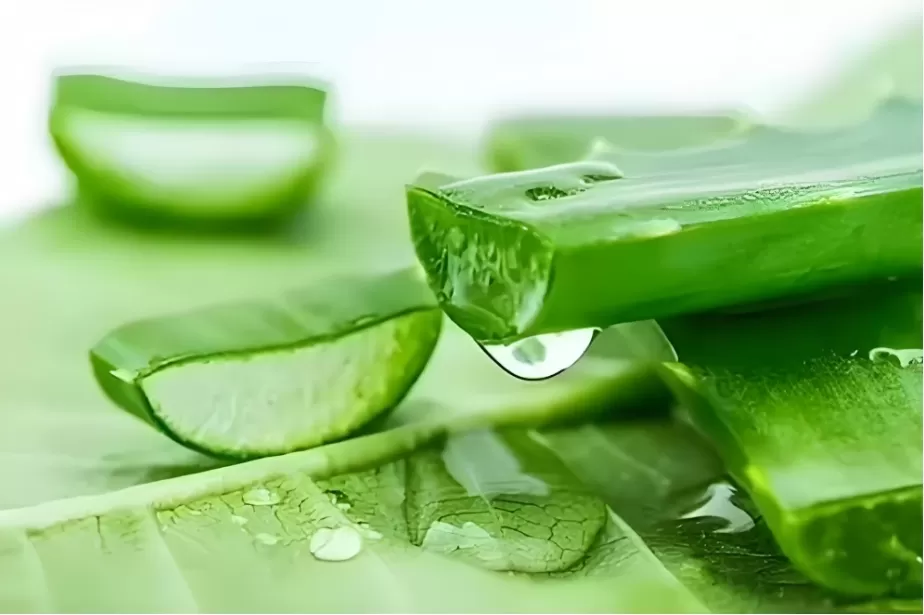
Aloe vera has a complex chemical composition, the most important of which is aloin, also known as barbaloin, which has the effects of enhancing immune function, anti-tumor, detoxification and laxative, anti-bacterial, anti-gastric damage, liver protection and skin protection.
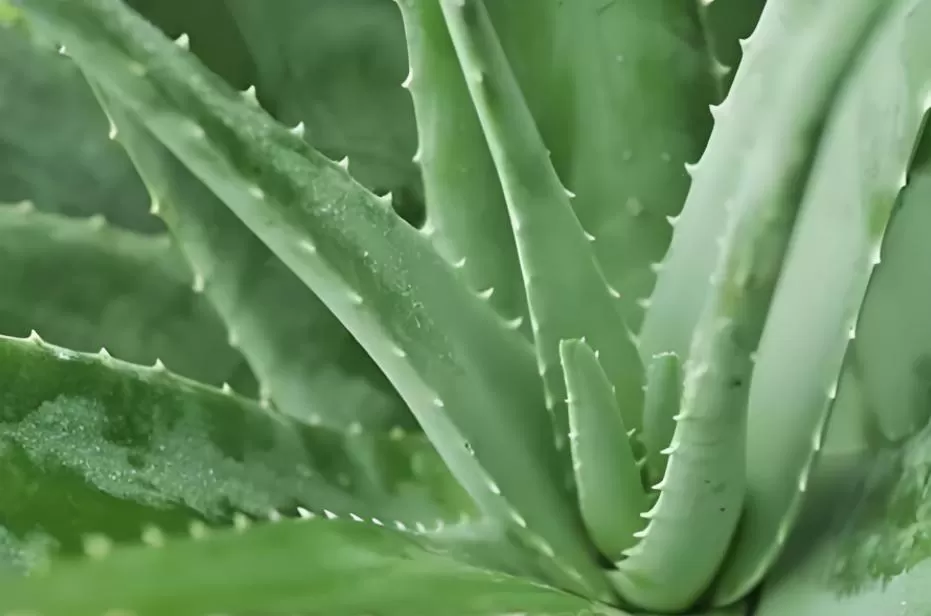
Aloin is a natural organic compound belonging to the anthraquinone class of compounds with unique physiological and biological activities. It can help excrete waste from the body, purify blood, soften blood vessels, lower blood pressure and blood viscosity, promote blood circulation, and prevent arteriosclerosis and cerebral hemorrhage.
Aloin is a component of aloe vera, which has the effect of inhibiting excessive immune response, enhancing the phagocytic function of macrophages, and can effectively remove metabolic waste from the body.
Aloe glycoside has bactericidal, anti-inflammatory, detoxifying, and promoting wound healing effects. It can effectively eliminate acne and acne. It is clinically used to treat various inflammations with remarkable curative effect. It can kill fungi, mold, bacteria and other germs, inhibit and eliminate the development and reproduction of pathogens. Aloe vera’s antibacterial and sterilizing germs: diphtheria. , tetanus bacteria, pneumonia bacteria, lactobacilli, dysentery bacteria, Escherichia coli, Black Death bacteria, cholera bacteria, P. uroseides, Pseudomonas mentagrophytes, and causes otitis media, cystitis, suppuration, measles, rabies, poliomyelitis, epidemic encephalitis It can effectively eliminate the germs of inflammation and other diseases. It is clinically used to treat various inflammations with remarkable curative effect.
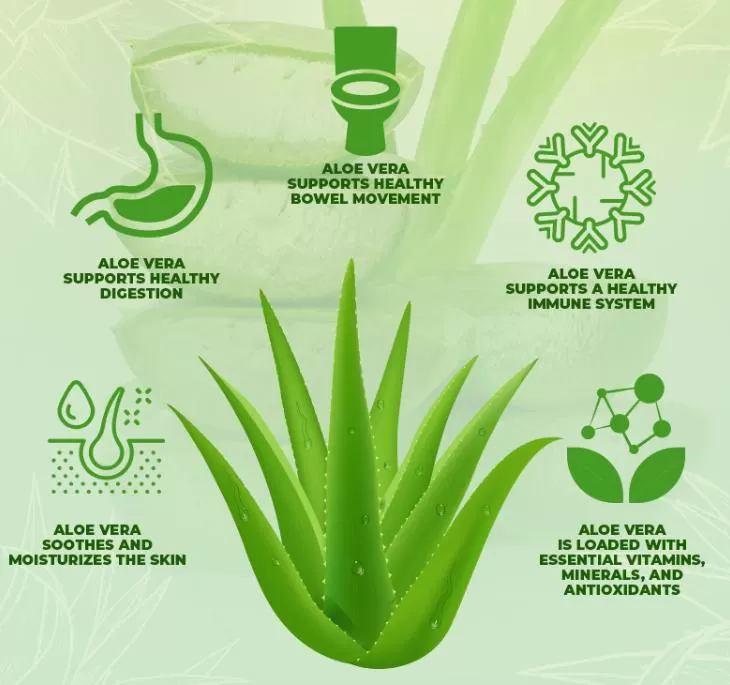
Aloe vera contains a lot of aloin and plant fiber, which can promote gastrointestinal motility. Long-term consumption of raw aloe vera will increase the aloin content in the body, over-stimulating the gastrointestinal tract, leading to diarrhea, which may also be accompanied by symptoms such as nausea and vomiting. In severe cases, enteritis may occur.
Since aloe vera contains more alkaloids and trace elements, which need to be metabolized by the kidneys, long-term consumption of raw aloe ill increase the metabolic burden on the kidneys, thus affecting renal function and causing renal damage in severe cases.
Because the calcium isocitrate in aloe vera can promote blood circulation and dilate capillaries, if pregnant women eat large amounts of raw aloe vera for a long time, it may cause increased uterine contractions, abdominal pain, bleeding, and even miscarriage.

The application directions of aloin include medicine, cosmetics and health food supplements.
Medicine
Aloe vera, as a natural organic compound, has multiple functions and can be used as a substitute for medical or cosmetic applications. It has the effects of inhibiting angiogenesis, enhancing melanin production, regulating transglutaminase activity, etc. It can also be used to evaluate its activity as a selective phosphodiesterase inhibitor;
Cosmetics
Aloe has the functions of skin care, sun protection, anti-aging, detoxification and health care, and promoting wound healing. So it is suitable as a cosmetic ingredient to improve skin conditions and protect skin health.
Health food supplements
The natural properties of aloin make it as a food additive to improve the quality and taste, or as a natural preservative to increase the safety and shelf life of food; it can also be used as health product supplements;
For the general healthy population, the safety evaluation of aloin indicates that its daily recommended intake should not exceed 2g. Although aloin has many benefits, excessive intake may have adverse effects, so it is very important to control daily intake.
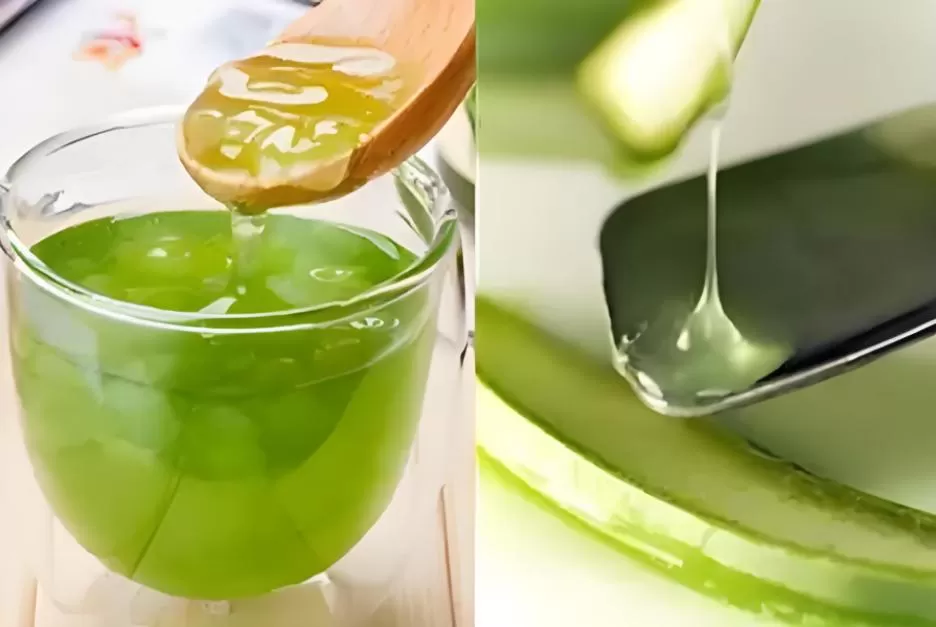
Aloe is a plant of the genus Aloe in the Liliaceae family. There are many species, with about 360 known species, most of which grow in the Mediterranean, the Middle East and America. It is grown in Guangdong, Guangxi, Yunnan, Hainan, Fujian, Sichuan, Guizhou and other places in our country.
Aloin exists in the following plants:
Aloe barbadensis Miller;
Aloe ferox Miller;
Aloe Veral var chinensis;
Aloe barbadensis Miller;
Aloe arborescens Miller.
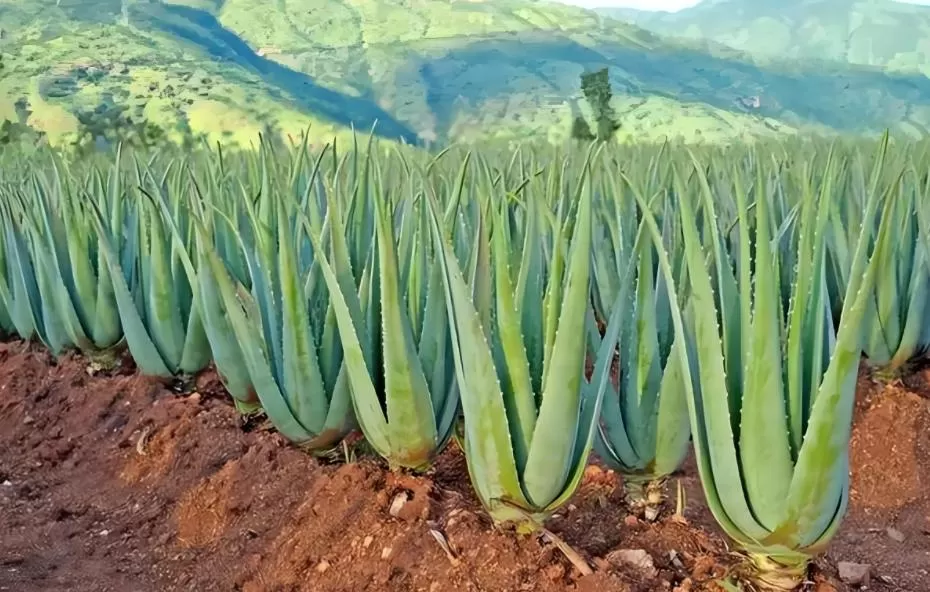
References:
[1] Reynolds T (January 2004). "Analytical Methodology: the Exudate". In Reynolds T (ed.). Aloes: the genus Aloe. CRC Press. p. 128. ISBN 978-0-203-47634-5;
[2] Zhao Huichun, Feng Ruiqin. Aloin-borax fluorescence system and determination of aloin[J]. Journal of Beijing Normal University: Natural Science Edition, 1997, 33(2):4.